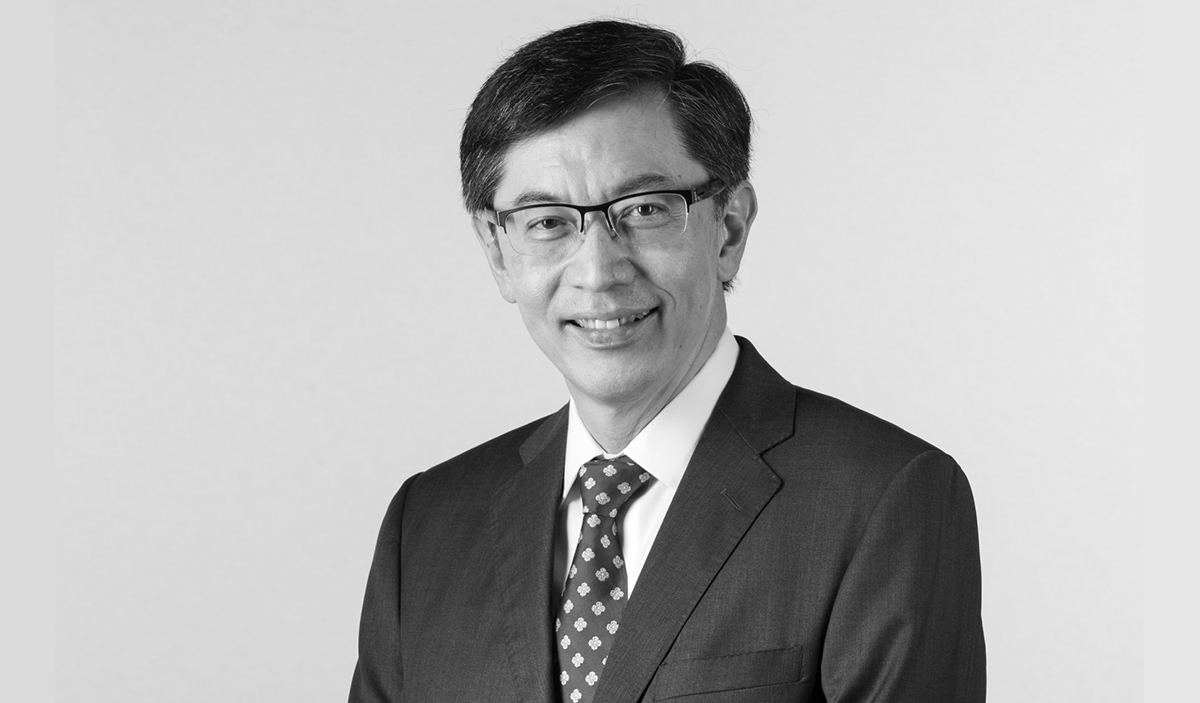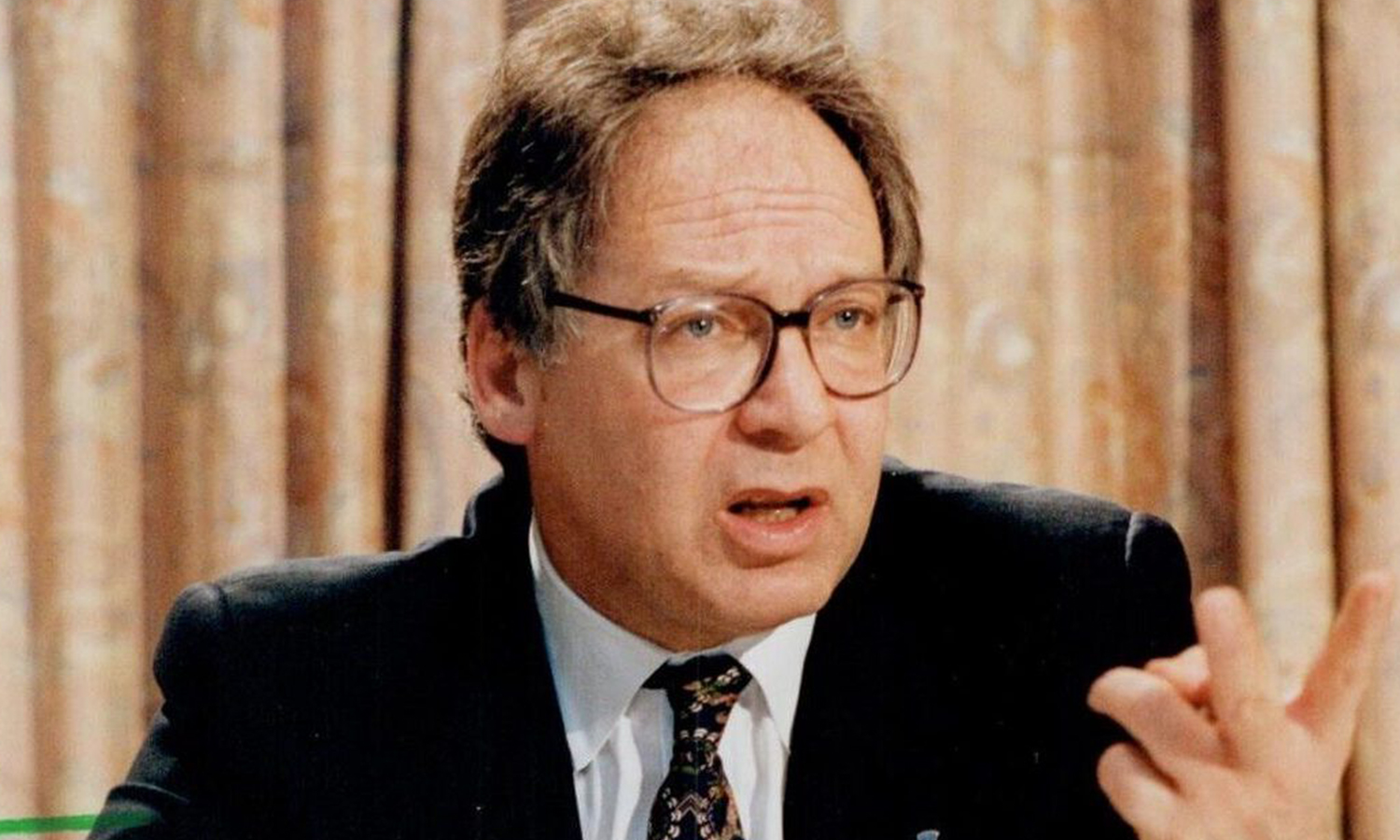We can choose what kinds of outcomes to aim for, no matter how challenging the circumstances. Whether we exercise that choice doesn’t depend on authority or power but rather on our values, courage, and attitudes.
As a young project manager assigned to cut costs for an insurance company in Canada in the early 1980s, Tsun-yan looked fear in the face.
He was asked to speak at the company town hall meeting to explain the cost-cutting program. The sponsoring senior executive had said little before passing the baton to him. The project leader hadn’t bothered to show up. Tsun-yan got on stage. He looked at the audience, and the fear and anxiety of the people were palpable. Tsun-yan is a feeler according to the MBTI, so he felt all the emotions in the room acutely. People feared for their jobs; social relationships would be disrupted; muscles important to basic services for customers might be damaged while some fat remained.
In that moment, he knew he couldn’t just deliver his prepared presentation about the cost-cutting process. He took a deep breath as he felt his heart and spirit move within him. Without consulting anyone, he asked the people to go on a journey with him, to cut costs and to find growth opportunities that would deploy the people made redundant from the cost-cutting exercise. “Simultaneously tear down and build up,” he said. He gave people hope, which he delivered with the help the audience willingly gave. To his working team members, he issued a choice: stay on the project but do two projects — one would cut costs and the other would raise revenues — or get off the project. All chose to stay on, even though it meant double the work.
The moral of the story is that you can’t just focus on productivity; more people will be with you if you actually care about their growth and satisfaction
Throughout Tsun-yan’s career, he never did another cost-cutting study, choosing instead to help people grow and transform themselves to better cope with pressures from stakeholders. Sticking to this choice was costly. He turned a group CEO job down because it would have involved a lot of cost-cutting upfront. While the title and prospect of being a CEO tantalized him, his soul searching told him that he should continue devoting himself to helping people grow and evolve toward their best potential — not to cut people down with job elimination, no matter how lucrative financially.
Note: This story is from chapter 3, page 28, of Positive Influence: First and Last Mile of Leadership by Tsun-yan Hsieh and Huijin Kong.




